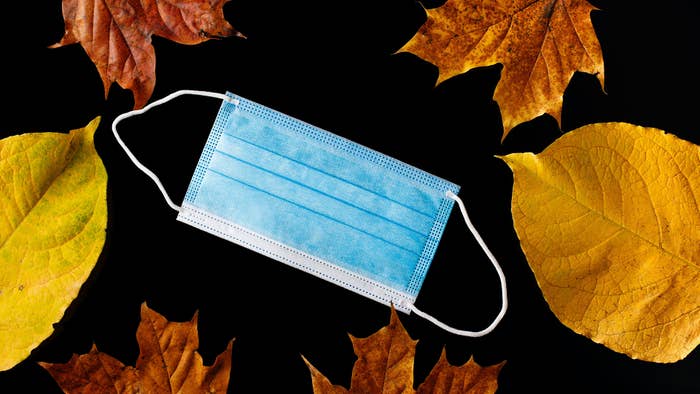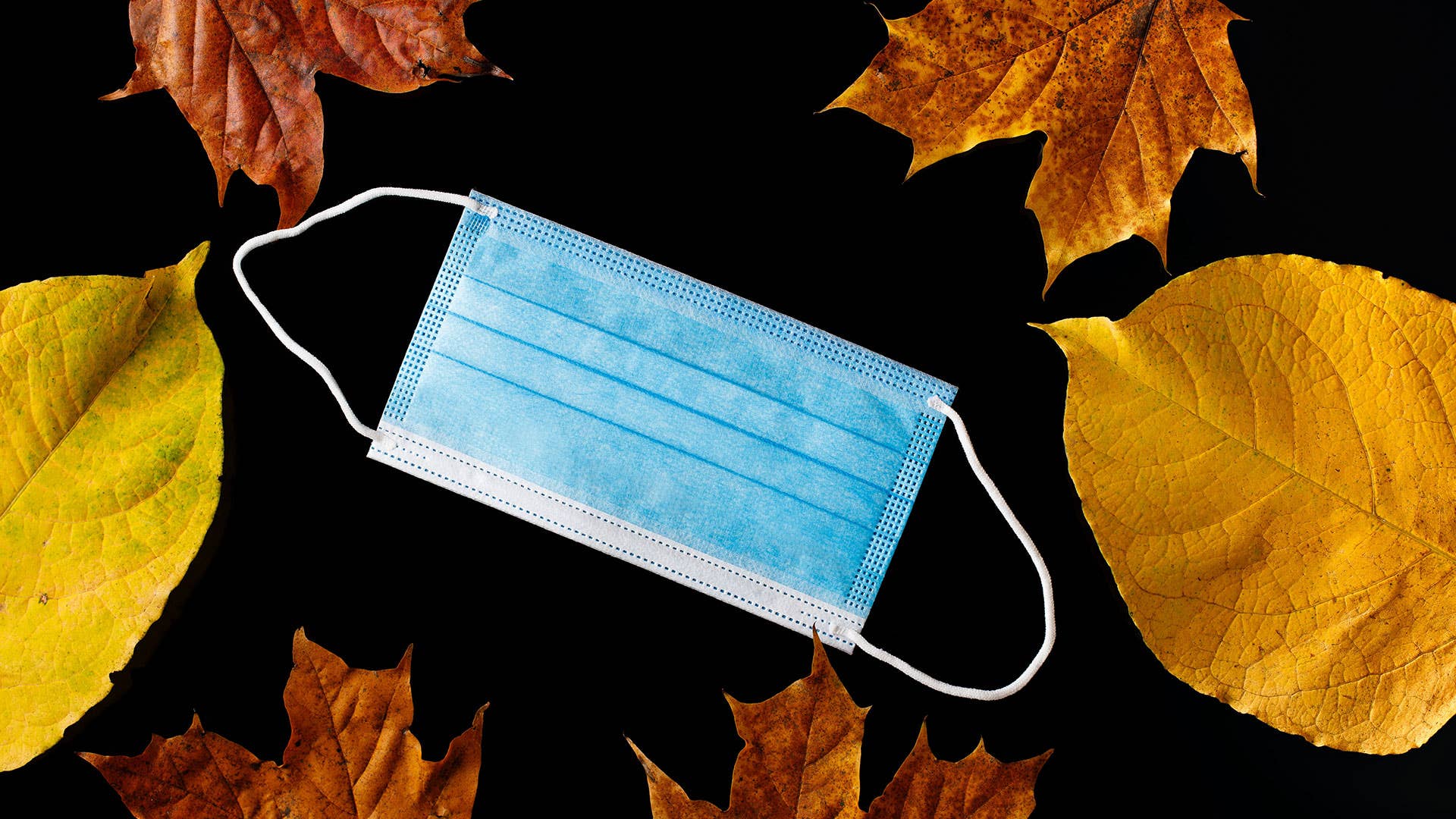
Americans may want to take note of the coronavirus infection rates in Canada during the Thanksgiving holiday. Because turkey and mashed potatoes weren’t the only things getting passed around on the autumnal holiday.
According to data compiled by Johns Hopkins University and analyzed by Time, Thanksgiving served as a superspreader event in Canada, spiking COVID-19 infection rates that were already climbing.
A Time chart of daily confirmed cases of COVID-19 in Canada shows the seven-day rolling average of positive tests at 2,376 on Oct. 12, a.k.a. Canadian Thanksgiving. Two weeks later, after many Canadians had gathered with friends and family to eat and drink and argue about American politics, that figure had shot up to 2,824. By Nov. 9, there were 4,599 daily confirmed cases in the nation.
Associate professor and epidemiologist at the University of Toronto, Dr. Laura Rosella says that the numbers over that two-week period are indicative of an increase in transmission around the Thanksgiving table.
“It’s not that we were flat and all of a sudden Thanksgiving happened and there we see an increase,” Rosella told Time. "The reason why we’re fairly confident Thanksgiving did increase cases is that we saw our highest numbers yet in the two weeks following Thanksgiving, which is consistent with the incubation period, when people would show symptoms and get reported.”
Potentially more concerning is the fact that the nation experienced the uptick even as provinces were implementing lockdown procedures for the second time this year. On Oct. 10, for example, Ontario ordered the month-long shutdown of gyms and indoor dining locations in parts of the province, only to extend the precautions for another month later in October. Similar red-zone restrictions were put in place in Quebec.
Rosella adds that the situation may actually be worse than the data suggests as Canada has decreased the frequency of testing. “Because our testing was getting strained, the requirements for getting a test actually became stricter,” she said. “So we’re seeing more cases even though we had to change the criteria for testing such that only those who are in high-risk situations and are symptomatic are getting tested.”
So, with the data indicating fairly certainly that the gatherings of friends and family that took place across the nation on Oct. 12 had a negative impact on our collective health, the question remains: How will Americans celebrate Thanksgiving?
Will they spot the red flags raised from the Canadian Thanksgiving turkey carcasses and exercise the restraint and forethought that we neglected to over the holiday? Or will they ironically make the same mistake their pilgrim ancestors did centuries ago and gather in large groups to spread a deadly disease clear across the country in the name of neighbourly love?
The United States will celebrate Thanksgiving one way or another on November 26.

